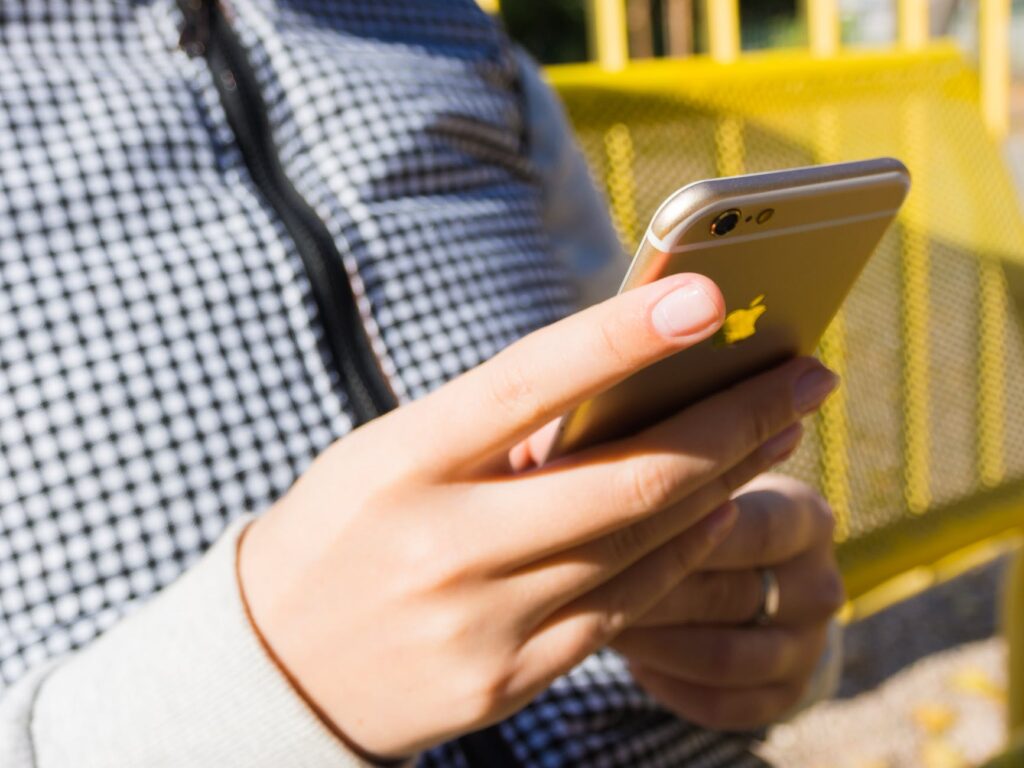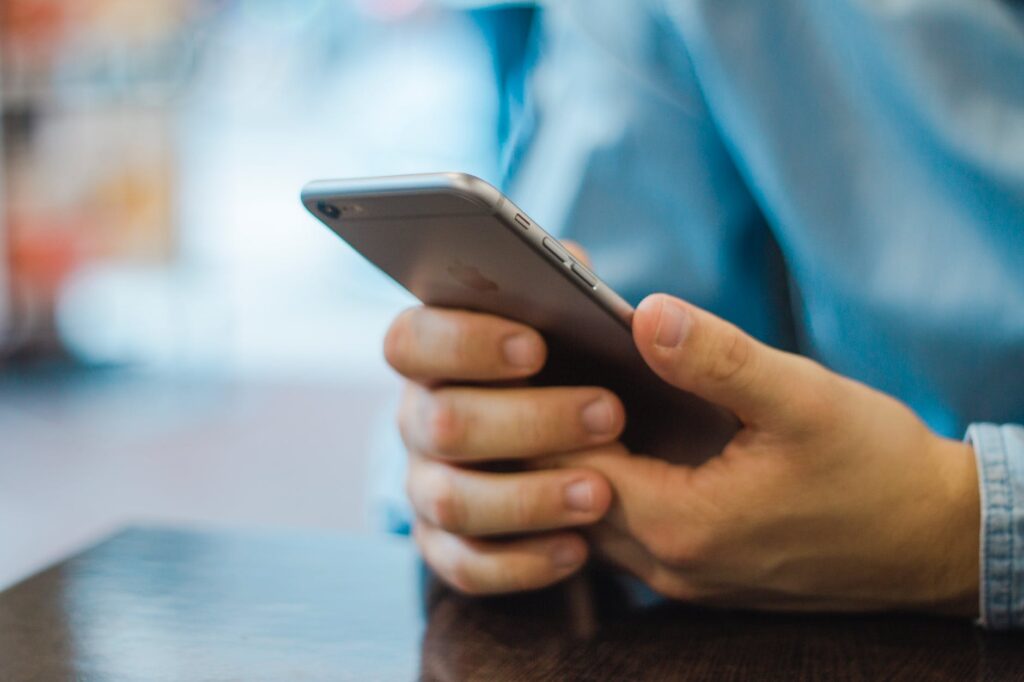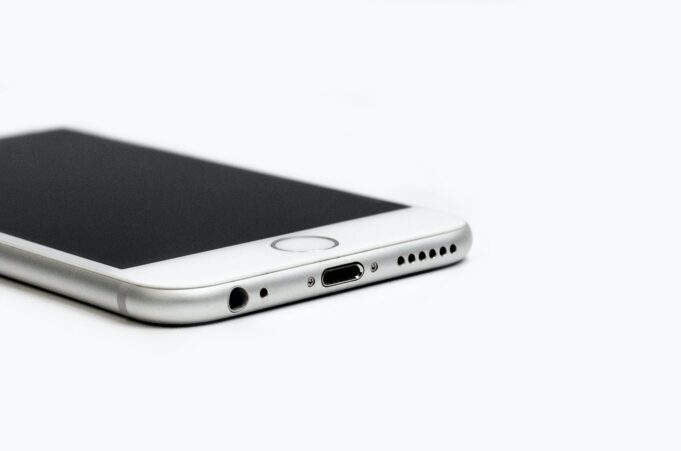Health monitoring tools are a relative novelty to the world of smartphone applications. As useful as these monitors are, many people remain skeptical of their accuracy no matter how advanced the technology has gotten throughout the years. In reality, there’s a varying degree in quality between different applications and types of blood pressure monitors: we can’t say they’re all accurate, but we can’t say none of them are either.
We’re here to help you recognize high-quality heart rate monitors and make your smartphone even more useful than it already is. So, without any further ado, join us as we discuss the topic in detail down below.
First of all, how does it all work?

Your phone is made out of dozens of small sensors, one of which can be used to measure your heart rate. It’s usually located on the back of your device, and it’s directly connected to your phone’s camera. It works on a simple principle: every time your blood reaches the capillaries in your fingers, those tiny blood vessels start to swell up (and absorb light in the process), which then allows the sensor in your phone to detect your heart rate. Now, this process is tested and tried in modern medicine, and it’s called photoplethysmography. Various types of medical equipment work on this principle, but they usually use stronger sensors for more accurate results. Still, this doesn’t mean your phone cannot provide satisfactory results as well.
All you need is a quality application and a newer smartphone model to ensure you’re getting the accuracy you need. Remember to view those results as an approximation, though. The data you get from these apps is more useful for tracking changes in your biorhythm than for keeping your blood sugar where you want it to be. If you suffer from serious medical conditions that cause your blood pressure to be elevated, we recommend getting stand-alone medical devices to help you with the monitoring instead.
Different levels of accuracy

As we mentioned before, not all blood pressure monitoring apps are built the same. Some are more accurate than others, so it’s important to choose wisely. Generally speaking, iPhone monitoring applications seem to win over their Android counterparts. That’s mostly because Apple has rigorous procedures put in place for anyone looking to get their application on the official App Store whereas Android practices a more relaxed approach when it comes to their app management. Of course, this doesn’t mean you can’t find an accurate heart rate monitor for your Android device: it’s just more likely to find one for iOS powered smartphones.
On the other hand, finding the right app can be a daunting task. We suggest you read up on those reviews and try out different things until you’ve found something that works for you. Look for applications that allow you to export your data to your device, so you can send it to your physician if necessary. Besides that, try to find useful features such as diet and water intake trackers, which can help you adjust your lifestyle to combat your blood pressure issues.
All in all, always read all the relevant reviews to ensure you’re getting maximum accuracy with the app you choose. Try out different options and compare the results to find something that fits your needs and preferences. Again, while it’s easier to find accurate heart rate monitors for iPhone, a quality Samsung heart rate monitor can provide you with equal results as long as you choose wisely.
The benefits of accurate heart rate monitors

These apps can have many benefits to our health: no matter if you’re struggling with high blood pressure or if you’re just trying to exercise more efficiently, there’s something out there for everyone.
Keeping track of your heart rate can tell you whether your workout is too “slow” for you or not, allowing you to set the optimal routine without putting too much strain on your body. It can also help you recognize and remove sources of stress in your life, which in turn lets you adopt healthier habits that will keep your heart rate where it needs to be.
Of course, to be able to enjoy the full benefits of these sensors, you’ll need to find an appropriate app first and foremost. We found a great example while we were browsing the App Store- you can view more here if you’re interested.
Besides the quality of the app itself, you’ll need to learn how to use it correctly. One of the best things about smartphone health monitors has to be the amount of convenience they provide. So, don’t forget to measure your heart rate while you’re out jogging or when you feel particularly stressed out. These parameters can help you manage your health better, but only if you remember to use the app regularly.
Limitations of heart rate monitoring apps

As we’ve already mentioned before, the majority of these apps aren’t as accurate as they’re portrayed to be. Unfortunately, the technology is still relatively new, so it hasn’t been tested enough. Besides that, no matter how “good” the application is, if your phone doesn’t have the necessary sensors, it will all amount to nothing. So, check whether these types of applications are compatible with your device before downloading. Some newer phone models come with their own “health” apps already integrated into their system, so take advantage of that too if you can.
Don’t try to “replace” actual medical equipment with your phone’s heart rate monitoring app, especially if you suffer from any heart-related conditions. The tech is simply not there just yet.
The bottom line
Overall, blood pressure monitors have their unique advantages and disadvantages: it all depends on how you use them. As long as you find a high-quality app that’s also compatible with your iPhone, you’ll be able to achieve your health goals in no time whatsoever. So, do your research and get yourself a valuable health monitoring tool to help you keep your blood pressure at an optimal level.















